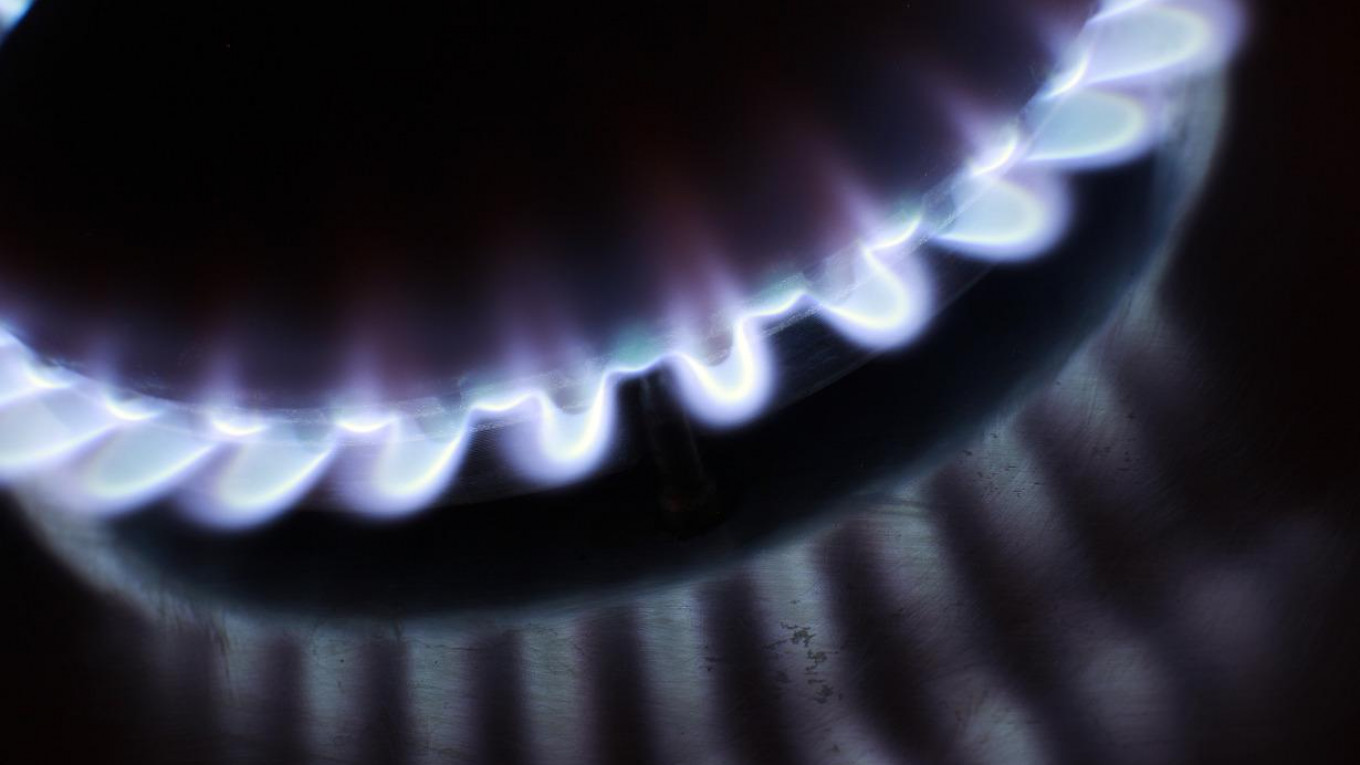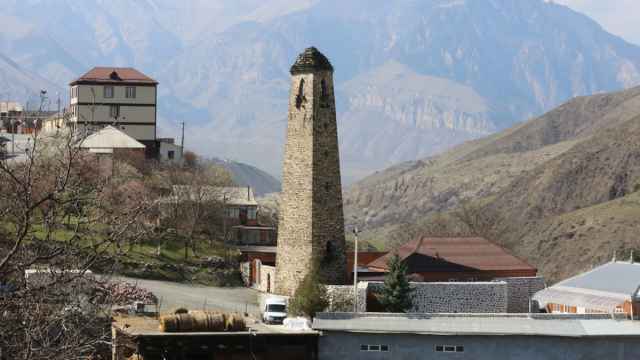(Bloomberg) — Not many people had expected the U.S. to turn to Europe for natural gas this winter.
Yet the polar chill that gripped the U.S. East Coast this month, and sent spot prices to records, has led to a tanker loading a cargo of liquefied natural gas in the U.K. for Boston, some of which was likely produced by a project in Siberia targeted by U.S. financial curbs.
The Gaselys tanker is due to arrive in Boston on Jan. 22 after loading fuel from storage tanks at the U.K.’s Isle of Grain, according to ship-tracking data compiled by Bloomberg. The vessel docked at Grain shortly after the terminal near London received the first cargo from the $27 billion Yamal LNG plant in Russia’s icy north.
“Gas from anywhere is profitable into that northeastern U.S. gas market as prices are the highest in the world,” said Trevor Sikorski, head of natural gas, coal and carbon at Energy Aspects Ltd. in London.
The arrival from the U.K. would make it the first LNG reload into the U.S. since a cargo from the tanks of the Huelva terminal in Spain was imported in June 2014, according to data through October from the U.S. Department of Energy. U.S. imports of the super-chilled fuel, mostly into Boston from Trinidad and Tobago, have dropped since exports started from the Gulf of Mexico coast in 2016.
Isle of Grain terminal operator National Grid Plc said it doesn’t comment on the intentions of gas shippers using its facilities. It’s not immediately clear who owns the cargo.
U.S. domestic demand climbed to a record last week as snow and winds bombarded Americans on the East Coast. Temperatures tonight in Boston may fall to as low as minus 9 degrees Celsius, with a cold outlook persisting through this month, according to AccuWeather Inc.
Yamal LNG, co-owned by Russia’s Novatek PJSC, France’s Total SA and China National Petroleum Corp., has faced financial sanctions from the U.S. since 2014 because of Russia’s involvement in the Ukrainian crisis.
The market shouldn’t see any irony in this cargo going to the U.S., said James Henderson, director of the natural gas research program at the Oxford Institute for Energy Studies.
“It’s a normal trade,” he said. “LNG is supposed to travel globally to where the demand is.”
A Message from The Moscow Times:
Dear readers,
We are facing unprecedented challenges. Russia's Prosecutor General's Office has designated The Moscow Times as an "undesirable" organization, criminalizing our work and putting our staff at risk of prosecution. This follows our earlier unjust labeling as a "foreign agent."
These actions are direct attempts to silence independent journalism in Russia. The authorities claim our work "discredits the decisions of the Russian leadership." We see things differently: we strive to provide accurate, unbiased reporting on Russia.
We, the journalists of The Moscow Times, refuse to be silenced. But to continue our work, we need your help.
Your support, no matter how small, makes a world of difference. If you can, please support us monthly starting from just $2. It's quick to set up, and every contribution makes a significant impact.
By supporting The Moscow Times, you're defending open, independent journalism in the face of repression. Thank you for standing with us.
Remind me later.






